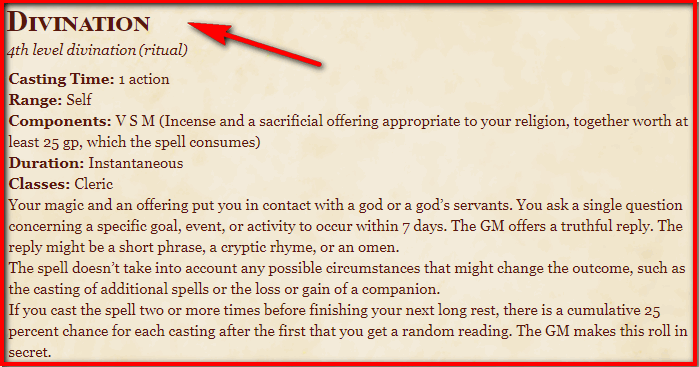
Personally, I find sleight of hand to be more exclusive to the Rogue than other classes, where plenty of classes can identify as sneaky (Ranger, Monk, Sorcerer). You might decide to use stealth for Rogues because you find that’s their most identifying trait. Since persuasion can be used more generally, that’s what I chose. Alternatively, a Warlock whose patron is an Archfey or Celestial might have a more amicable relationship, suggesting persuasion. Sims suggests that a Warlock whose patron is a Great Old One or a Fiend may be better suited to deception. Or, you might decide to let a player take expertise in any skill on their character’s class list!Ī Warlock may procure a pact through employing a variety of social skills. You might decide that some other skill is more suited to a specific character. This is tough because classes identify with different skills, and skills identify with multiple classes. From a narrative standpoint, this speaks to a particular talent that may have inspired the character to adventure.Īlthough skills don’t directly associate with classes, we can draw ties between the identity of certain skills and certain classes. If every class gets expertise in the skill that their class most closely identifies with, their character’s narrative won’t get trampled by the mechanics. The solution is to democratize expertise. Just as Rogues can be the best with sleight of hand, Wizards should be able to be the best with arcana.


If a class identifies more closely with a skill than any other class, they should be able to be the best at it. We can probably all agree that these examples don’t make sense. The gap only grows larger as the characters level up, and the Rogue/Bard adds twice its proficiency bonus to the Wizard’s one. Note: “max” in these calculations assumes you start with a 16 (+3) and invest your first two ability score improvements to increase that score 20.


 0 kommentar(er)
0 kommentar(er)
